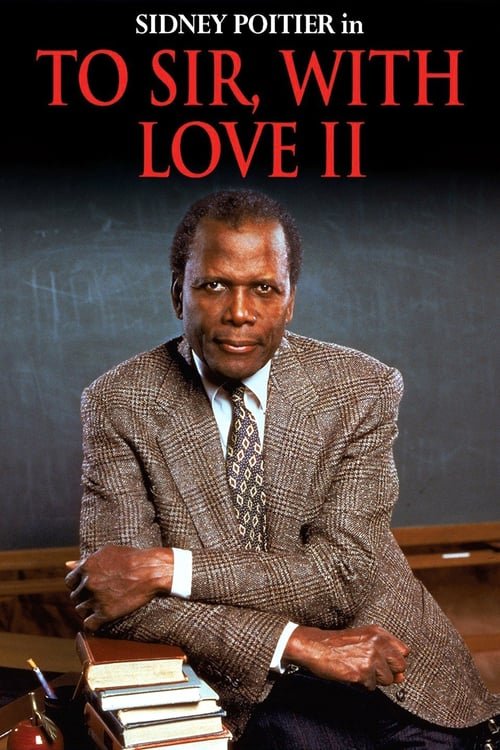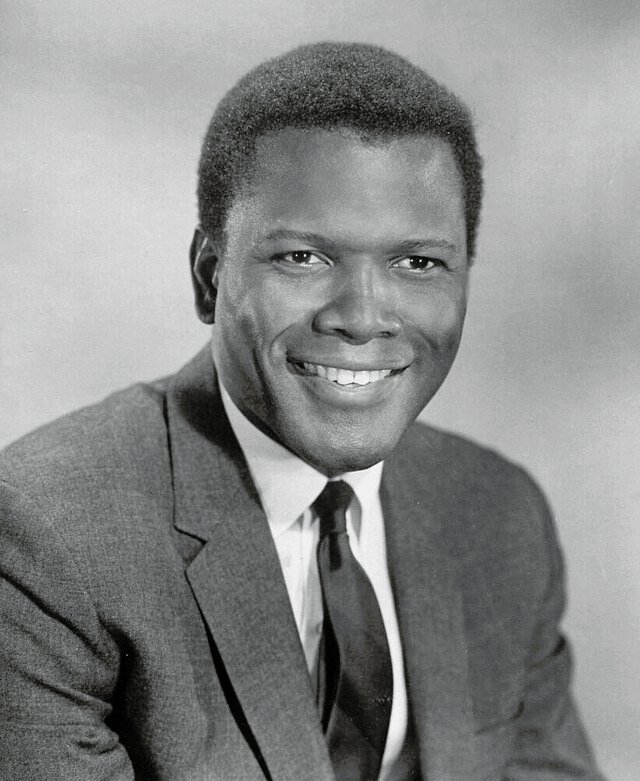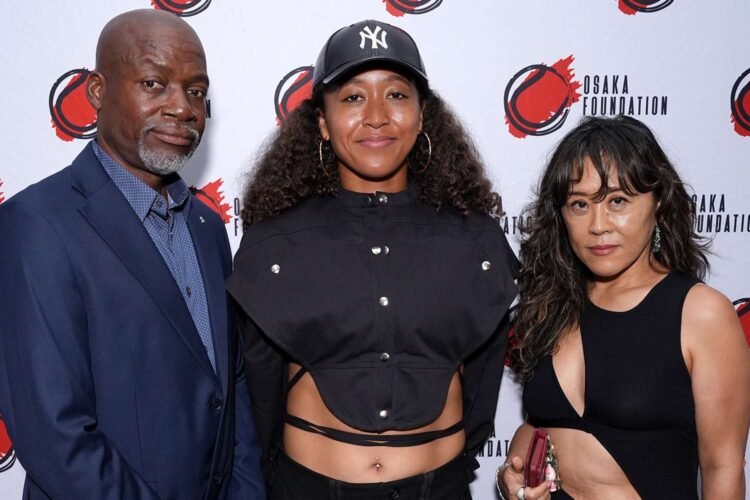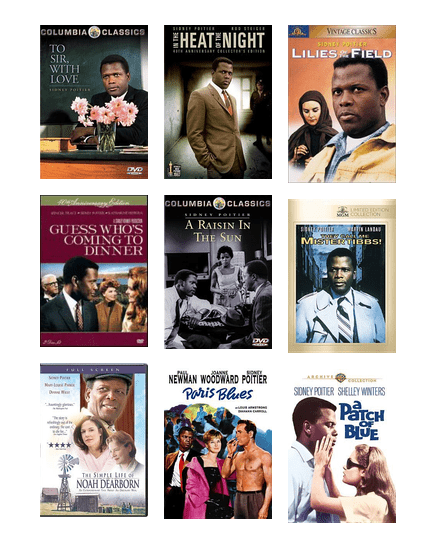Sidney Poitier was more than just a legendary actor—he was a cultural icon whose career broke barriers and redefined Hollywood. As the first Black actor to win the Academy Award for Best Actor, Poitier paved the way for diversity in cinema. His body of work includes powerful performances that challenged racial stereotypes and highlighted social justice themes. If you are exploring Sidney Poitier movies, you’ll discover not only great storytelling but also a legacy that changed the film industry forever.
In this article, we’ll dive into his most significant films, the impact of his career, and why his movies remain timeless.
Sidney Poitier’s Rise to Stardom
Sidney Poitier began his career at a time when opportunities for Black actors in Hollywood were extremely limited. Born in 1927 in Miami and raised in the Bahamas, Poitier arrived in New York City as a teenager with dreams of acting. His breakthrough came with the 1955 film Blackboard Jungle, where he played a rebellious student.

Soon after, his performance in The Defiant Ones (1958) alongside Tony Curtis earned him his first Academy Award nomination. This was a turning point—not only for his career but for representation in American cinema. From then on, Sidney Poitier movies became synonymous with dignity, intelligence, and progress.
The Most Iconic Sidney Poitier Movies
Lilies of the Field (1963)
This film made history when Poitier won the Academy Award for Best Actor, becoming the first Black man to achieve that honor. In the movie, he played Homer Smith, a handyman who helps a group of nuns build a chapel. His charm, humility, and determination made this role unforgettable.
Guess Who’s Coming to Dinner (1967)
One of the most groundbreaking Sidney Poitier movies, this film tackled interracial marriage during a time when it was still illegal in many U.S. states. Poitier starred alongside Spencer Tracy and Katharine Hepburn in a film that sparked social conversations far beyond the theater.
In the Heat of the Night (1967)
Released the same year, this crime drama featured Poitier as Virgil Tibbs, a Black detective from Philadelphia who investigates a murder in a racially hostile Southern town. The movie’s famous line, “They call me Mr. Tibbs!” became a symbol of Black empowerment in cinema.
To Sir, with Love (1967)
Another classic from 1967, this film followed Poitier as a teacher in a tough London school. His performance as a mentor who transformed troubled students was both inspiring and moving, cementing his reputation as a versatile actor.
The Defiant Ones (1958)
Paired with Tony Curtis, Poitier played a prisoner chained to a white convict, forced to work together to escape. The film directly confronted racial prejudice and won Poitier critical acclaim.
Classic Films of Sidney Poitier
| Year | Movie | Role | Notes |
|---|---|---|---|
| 1950 | No Way Out | Dr. Luther Brooks | His film debut, as a pioneering Black doctor. |
| 1955 | Blackboard Jungle | Gregory W. Miller | One of his breakout roles. |
| 1958 | The Defiant Ones | Noah Cullen | Won acclaim; earned him his first Academy Award nomination. |
| 1959 | Porgy and Bess | Porgy | Musical adaptation. |
| 1961 | A Raisin in the Sun | Walter Lee Younger | Adapted from Lorraine Hansberry’s play. |
| 1963 | Lilies of the Field | Homer Smith | Won the Academy Award for Best Actor (first Black man to win). |
| 1965 | A Patch of Blue | Gordon Ralfe | Drama about race and love. |
| 1967 | To Sir, with Love | Mark Thackeray | Beloved schoolteacher inspiring London students. |
| 1967 | In the Heat of the Night | Virgil Tibbs | Iconic line: “They call me Mr. Tibbs!” |
| 1967 | Guess Who’s Coming to Dinner | Dr. John Prentice | Groundbreaking interracial romance film. |
| 1969 | The Lost Man | Jason Higgs | Drama about race and activism. |
| 1972 | Buck and the Preacher | Buck | His directorial debut (also starred). |
| 1980 | Stir Crazy | Director | Directed the Richard Pryor & Gene Wilder comedy. |
| 1997 | Mandela and de Klerk | Nelson Mandela | TV film, Emmy-nominated role. |
The Impact of Sidney Poitier Movies
Sidney Poitier’s career was more than entertainment; it was a form of activism. At a time when Black actors were often limited to stereotypical roles, Poitier refused to accept characters that degraded African Americans. Instead, he chose roles that highlighted intelligence, respect, and humanity.
His movies were also timely. Films like Guess Who’s Coming to Dinner and In the Heat of the Night resonated during the Civil Rights Movement, reflecting social issues America was grappling with. Audiences did not just watch a Sidney Poitier movie—they experienced a cultural milestone.
In addition to acting, Poitier also became a director in the 1970s, bringing more Black stories to the big screen. Films like Uptown Saturday Night (1974) and Let’s Do It Again (1975) showcased his ability to entertain while empowering underrepresented voices.
Why Sidney Poitier Movies Still Matter Today
Sidney Poitier’s movies remain relevant because they carry universal themes—justice, equality, respect, and perseverance. Younger generations still find inspiration in his characters, whether it’s the compassionate teacher in To Sir, with Love or the determined detective in In the Heat of the Night.
In modern Hollywood, Poitier’s influence can be seen in the rise of diverse actors, directors, and stories. Without his trailblazing career, many of today’s most celebrated films might not exist.

FAQs
1. What was Sidney Poitier’s first major movie?
Sidney Poitier’s first major role came in Blackboard Jungle (1955), where he played a troubled student. This performance caught Hollywood’s attention and launched his career.
2. Which Sidney Poitier movie won him an Academy Award?
He won the Best Actor Oscar for Lilies of the Field (1963), making him the first Black man to win in that category.
3. What makes Sidney Poitier’s movies so influential?
His films addressed social issues, broke racial barriers, and showcased characters of dignity and strength, influencing Hollywood and society alike.
Conclusion
Sidney Poitier movies are more than cinematic achievements—they are milestones in history. His roles challenged stereotypes, inspired audiences, and opened doors for countless actors and filmmakers. Whether you’re watching Lilies of the Field, Guess Who’s Coming to Dinner, or In the Heat of the Night, each film carries a message of courage and progress.











